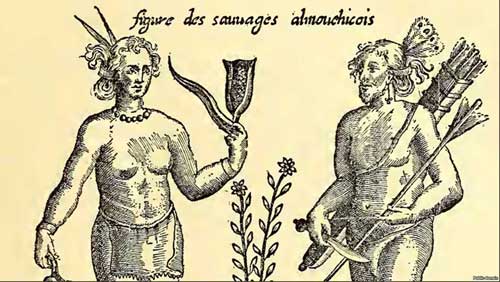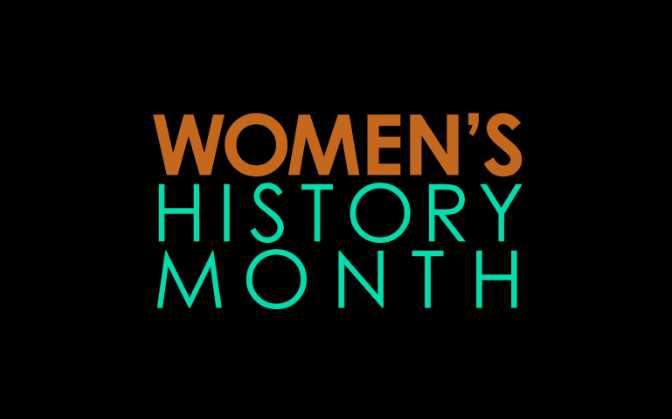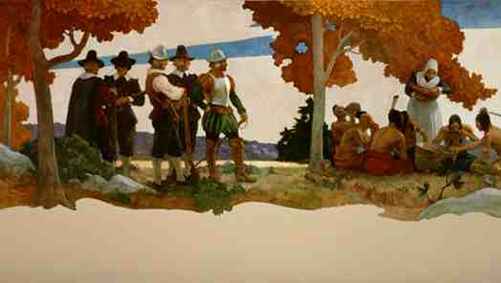[dropcap]I[/dropcap]n the year 1620, Native Americans met the English settlers who arrived in the town of Plymouth, Massachusetts. Those settlers, known as Pilgrims, helped launch the United States as we know it today. But for the Native Americans who had long been living in the area, the settlers’ arrival was “the beginning of the end,” one tribal leader said.
This week, historians, educators and activists are preparing for the 400th anniversary of the Pilgrims’ landing. They are aiming to better tell the native people’s side of the story.
Wampanoags
The Native American group that helped the Pilgrims survive their first winter is called the Wampanoag Nation. New exhibits aim to show how the Wampanoag were later cheated and enslaved.
[content id=”79272″]
Also, in the coming months, members of the Wampanoag tribe will lead visitors around the area where English settlers first arrived in 1620. They will show the special places where their ancestors once lived.
Jim Peters is a Wampanoag. He directs the Massachusetts Commission on Indian Affairs. He says, “We’ll be able to tell some stories of what happened to us … Hopefully it will give us a chance to re-educate people and have a national discussion about how we should be treating each other.”
Hearing the Native Americans’ story is especially important after what happened 50 years ago. In 1970, many events honored the 350th anniversary of the Pilgrims’ arrival. A leader of the Wampanoag Nation was invited to speak. Wamsutta “Frank” James planned to talk about the disease, racism and oppression the Native Americans experienced after the Pilgrims arrived. When state officials learned about the speech, they withdrew James’ invitation to talk.
In answer, leaders of some tribes in the area organized a yearly event to remember what happened to native people in the United States. Instead of following the usual tradition of Thanksgiving, they observe a National Day of Mourning.
For the upcoming 400th anniversary of the English settlers’ arrival, Peters says there is pressure to get the historical facts right.
Source: VOA








